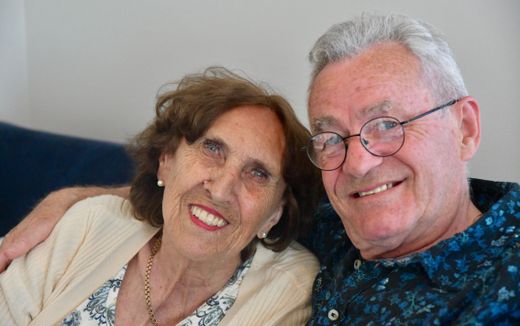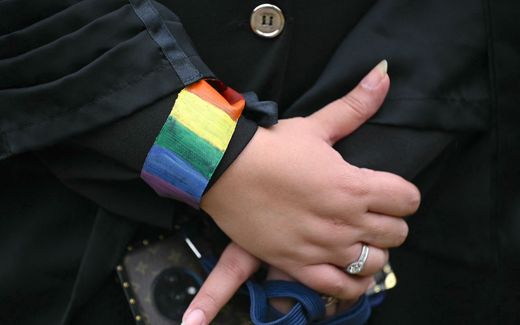Doctors' association concerned about WHO gender guideline plans

Participants during a pride march in Amsterdam, the Netherlands. Photo ANP, Remko de Waal
European Union
The international doctors' association Society for Evidence Based Gender Medicine (SEGM) is "deeply concerned" about gender care guidelines announced by the World Health Organisation (WHO) in December.
The guidelines are supposed to encourage access to "gender-inclusive care" meant to confirm gender with hormones and surgery. They are also supposed to promote legal self-identification, meaning that documents will read gender rather than biological sex.
WHO at the same time announced the composition of the panel tasked with developing the guidelines. It comprises an international group of 21 people, most of whom present themselves as LGBT activists or identify as transgender or non-binary. Some of them are affiliated with global organisations advocating gender transitions.
The panel will meet at WHO headquarters in Geneva from 19 to 21 February. The agenda includes reviewing and interpreting evidence, formulating guideline recommendations and proposing implementation strategies. The aim: to promote gender-affirming treatments, training of doctors, health policy and self-identification legislation.
Christmas
WHO used the Christmas period to get the news out. A week before Christmas, the health organisation announced the arrival of new guidelines on "the health of trans and gender-diverse people" and set the deadline for public comment on 8 January 2024.
The doctors' and researchers' collective SEGM is deeply concerned about WHO's announcement. The international group committed to "safe and evidence-based" care for minors and young adults with gender dysphoria is asking the WHO to step back and pause the process. In doing so, a spokesperson says he suspects that "WHO wants to avoid public scrutiny as no one opens their laptop during the Christmas holidays".
SEGM is concerned about the "biased composition" of the panel tasked with drafting the guidelines. The organisation points out that the majority of them promote gender transitions and stigmatise psychological counselling or psychotherapy for people with gender dysphoria. "There is absence of individuals who believe that the balance between the pros and cons of gender transition is unfavourable for many young people."
The doctors' collective further points to the "extremely high and unprecedented speed" with which the guidelines have to be produced. For a major guideline, SEGM says this is "unusually rushed", and with its broad scope (with medical, policy and legal considerations) not possible. "Developing guidelines is a lengthy process in any organisation, and certainly at the WHO."
Thereby, according to the doctors' association, the limited time for comments and its timing during the Christmas recess is far too short for stakeholders to take note of the announcement.
SEGM also points to the biased language. It suggests, according to the organisation, that "the decision to promote gender transition in the social arena has already been made before the group has even met to review and interpret the evidence". According to SEGM, WHO is going through the process in reverse. Reason why the association is reaching out to WHO asking to cancel the planned meeting in February and go back to the drawing board.
Young adults
Since teenagers and young adults are the largest and fastest-growing group identifying as transgender, it is likely that the WHO guidelines will apply to this group. But it remains to be seen what the WHO guideline will mean concretely in the various countries. The UK, Finland and Sweden have already restricted gender transitions for minors, seeing insufficient scientific basis for this.
This article is translated by CNE.news and was published earlier in the Dutch Reformatorisch Dagblad on January 3rd, 2024.
Related Articles








